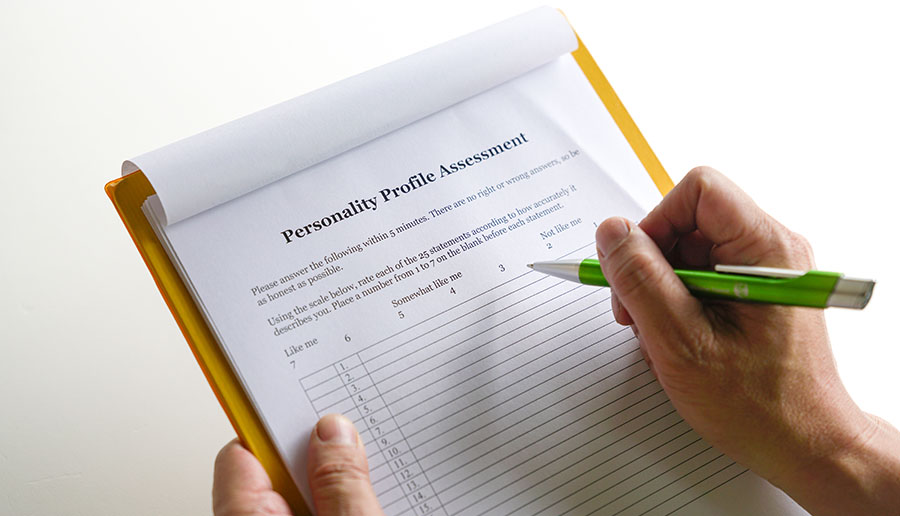-
Email Janine [email protected]

Personality Assessment
Personality assessments determine a person’s specific characteristics and thought patterns. There are several reasons people take personality tests, namely to determine a diagnosis, understand unhealthy behaviours, understand their general selves, and assess whether an individual is a suitable, stable or trusting candidate for a work position.
The MMPI (Minnesota Multiphasic Personality Inventory) is a personality assessment that I conduct. It provides feedback on a very broad scale and allows the ability to ‘flag’ significant pathology, as well as significantly healthy areas ranging from being able to decipher whether there has been trauma, whether there are unhealthy anger levels, whether there are pathological lying tendencies, depression, anxiety, addiction levels and so forth.
A personality assessment can help employers get an in-depth knowledge of their prospective employees and save themselves time and money in the long-term.
In addition, it can help individuals and couples with self-discovery.
Other benefits of personality assessments include:
- Understanding how effective therapy is
- Assessing personality changes
- Job screenings
- Diagnosing mental health disorders
What a personality assessment involves
Personality assessments involve questions or scenarios that I will ask to determine your personality traits and thought patterns. There are three types of questions that you encounter in a personality assessment:
- General: I will ask you non-specific questions about yourself for better understanding.
- Projective: I will explain an object or scenario and ask for your interpretation.
- Self-report: I will read out statements and ask how well you relate to them on a scale.
Why you should consider a personality assessment
Taking a personality test can help you understand more about yourself, your behaviour and your desires. The test is beneficial for various reasons, including discovering your strengths and weaknesses or understanding a condition you may not have realised you had.
It is best to be honest in a personality assessment and avoid saying things you think are the correct answers. The test aims to understand you, not an ideal version of yourself.
